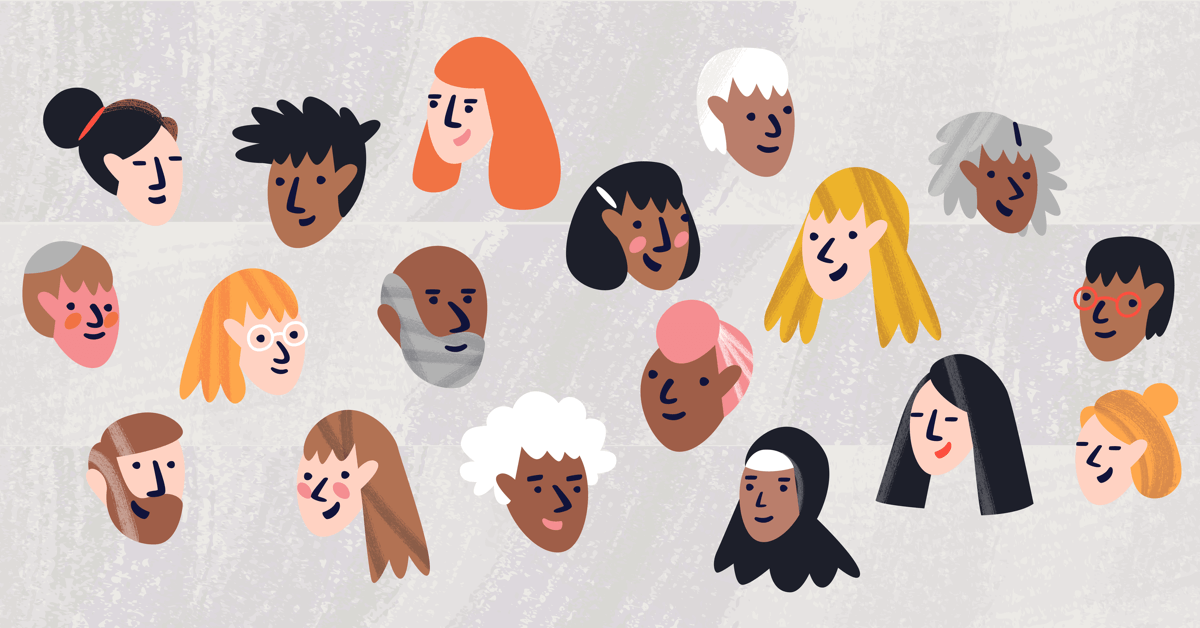
There is a shift in the quality of life when managing a chronic condition. That is no different for those who live with multiple sclerosis (MS). There are always new challenges to overcome and new physical limitations to face and fear.
It goes without saying, managing daily life with MS takes a significant mental and physical toll. Activities and simple tasks that once were taken for granted, now take so much energy and strength.
We were curious about the impact chores have on those who live with this impactful condition. To learn more, we turned to the MultipleSclerosis.net Facebook page. We asked community members to tell us: “What household chores or tasks tend to be the hardest due to MS?”
With nearly 900 comments, let’s see what those with MS have to say.
Chores that require bending and standing
Actions that involve prolonged bending or standing are difficult for you. It is hard to maintain balance when standing. Your body starts aching, and the room starts spinning. This can be frustrating because many tasks involve being upright!
“Yard work. Cannot do bending and standing up.”
“Cleaning the tub! Leaning my head down then standing up makes me dizzy and off-balance.”
“Loading the dishwasher throughout the day and then unloading it.”
“The worst is grocery shopping. Too long on my legs, and they swell, cramp, and go numb.”
Chores that force you to move around
MS drains your energy. Trying to complete any chore is exhausting. You need to rest after tasks that once took no time or thought.
“Putting everything away is exhausting, and where I am alone, it just piles up.”
“Vacuuming, so I bought a Roomba. Love it!”
“Sometimes, I don’t have the strength to brush my teeth.”
“Changing the sheets and taking a shower. Both wipe me out.”
Anything that makes you hot
Many of you experience flares when you overheat. From the weather, exertion, or standing over a hot stove, heat is a struggle. You find tasks done around heat or that cause you to sweat challenging.
“Any outside work in the summer months.”
“Sweeping and mopping because I get hot.”
“Dishes! I love cleaning, but the hot water has me overheated in seconds.”
“Cooking is hard because any and all heat drains me.”
Mental tasks
It is often hard to maintain focus with MS. Brain fog settles in, and you forget what you are doing. Chores requiring mental focus wind up half done or overlooked.
“I do alright with physical chores. It’s the ones that require my brain that get me into trouble!”
“For me, creating and sticking to a meal plan and paying the bills. I have to set up bill pay from the bank as soon as the bill shows up. If I don’t, they are late, and I end up paying fees.”
“I forget where I’m up to with a recipe and adding ingredients, or if I’m making something from memory, I forget what I’m making!”
Tasks requiring motor skills
Muscle weakness and losing coordination result from MS. Tasks requiring motor skills are tough. Navigating steps, lifting, folding, or meal prep require attention and extra time.
“Laundry! Folding is so hard!”
“Getting up on step stools.”
“Peeling potatoes is really hard for me.”
“Climbing steps with laundry baskets.”
“Dusting is the worst. I knock everything over. I’ve broken almost everything breakable in my house.”
Thank you
Maintaining everyday chores with the limitations that come with MS can be mentally difficult. Please don’t ever hesitate to ask for help if it’s what your body needs. Resting your body and recognizing your limitations is not a sign of weakness – though that’s what society leads you to believe. It’s performing an act of service to your body that holds you up daily.
There is connection in community and we appreciate everyone’s insights. A member affirmed the value of this space and responses to the prompt.
“Thank you to everyone who posts. It makes me feel less crazy when I can see others have the same challenges. It’s so nice for me to be able to say ‘Me too’ and be able to relate.”





 Sometimes, explaining multiple sclerosis (MS) to people who are unfamiliar with the condition is frustrating. The clinical definition does not fully capture the reality.
Sometimes, explaining multiple sclerosis (MS) to people who are unfamiliar with the condition is frustrating. The clinical definition does not fully capture the reality.

 Paying close attention to what you eat is important if you live with multiple sclerosis (MS). Although there is no special “MS diet,” the foods you eat can make a big difference in your overall health. Your diet may also affect your energy level and your bowel and bladder function.1
Paying close attention to what you eat is important if you live with multiple sclerosis (MS). Although there is no special “MS diet,” the foods you eat can make a big difference in your overall health. Your diet may also affect your energy level and your bowel and bladder function.1

